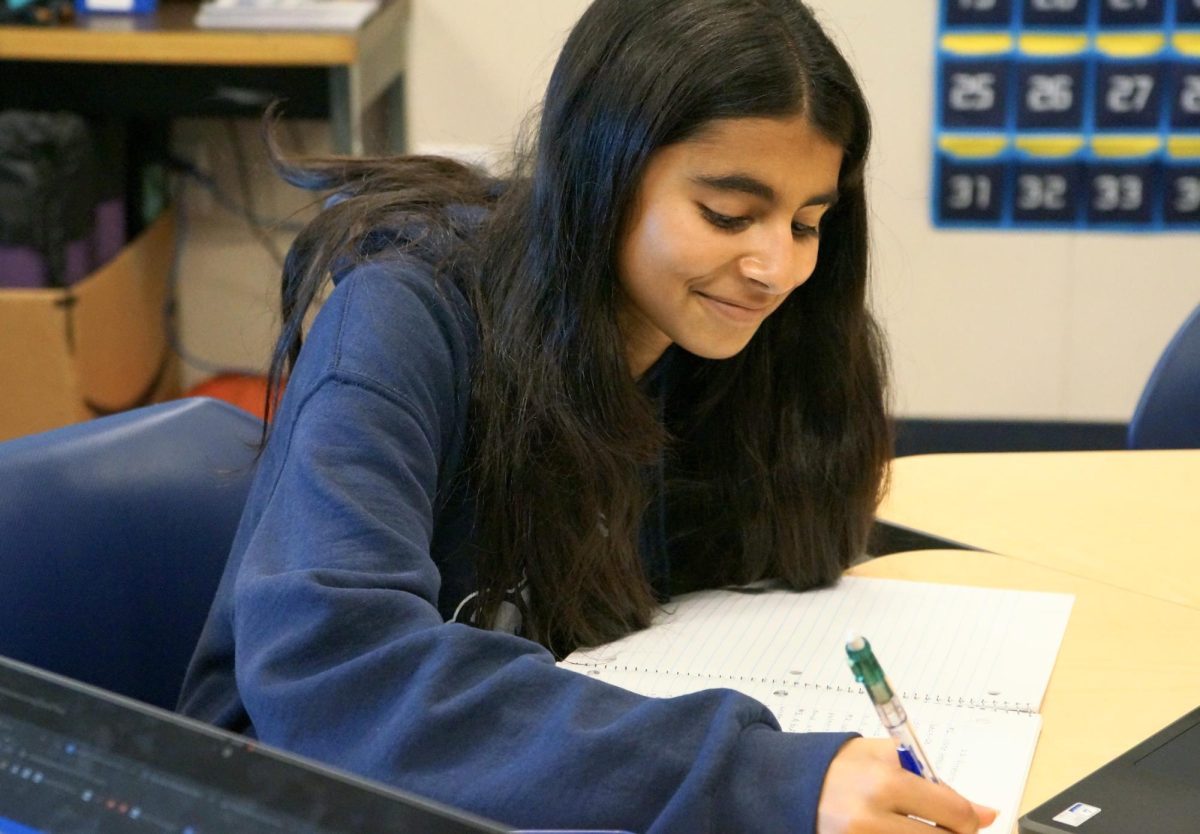With California being the most diverse state, it has rolled out a new course, Ethnic Studies, which aims to teach students about their identities and be aware of racial issues in society.
In 2017, California introduced a law that made Ethnic Studies a requirement for graduating high school seniors. The framework and curriculum for the class, however, was not released until 2021. Starting with the class of 2030, all California high schools are required to offer and make Ethnic Studies a graduation requirement. SCHS is one of the few schools starting with the class of 2027.
Ethnic Studies teacher Pilar Svendesn believes the class is vital for students to learn about different cultures, experiences and issues connected with various cultural groups.
“The purpose of the course is to document the experiences of people of color and marginalized groups in order to help students construct counter narratives and develop a more complex understanding of the human experience,” Svendsen said.
One of the major topics in the class is identity, teaching students about oneself and peers around them. Giving students the opportunity to learn about their identities at a young age is important for Svendsen.
“I think that it empowers students to think about the greater diversity of the student body and the local community and greater at large, like the state and the nation dynamics,” Svendsen said.
Offered as a semester-long course at SCHS, Ethnic Studies may seem fast paced and active. Some students and teachers find this beneficial while others wish it was offered as a full year course, or during the summer.
Since the class is fast paced and only a semester long, Ethnic Studies teachers make sure they cover all the required curriculum with backwards planning.
“In this class, we have to backwards plan, which is kind of a technique that teachers use to plan accordingly to make sure that we can hit targeted vocabulary, specific essential questions and enduring understandings,” Svendsen said.
Since Ethnic Studies is a requirement for the class of 2027, many students have trouble getting their desired elective class without lotterying in for a seventh period. For some, such as freshmen Aashi Jain, the class forced her to replan her schedule in order to fit in her elective credits for the coming years.
“I don’t think it (Ethnic Studies) should be required,” Jain said. “There were other courses I wanted to take and I didn’t get a seventh this year even though I requested it, so I have to figure out a different plan.”
With five months to cover all of the topics, Ethnic Studies is a discussion-based class with projects instead of tests.
Ethnic Studies Maichen Liu-Grossman believes this form of teaching is useful for students in the future.
“My teaching style is usually student-centered, with students sitting in groups so they can discuss ideas and help develop each other’s thinking,” Liu-Grossman said. “I believe that students learn more when they construct knowledge together.”
Instead of tests, students are given individual or group projects as their end-of-unit assessments. Svendsen explained one of these projects.
“In Unit 2, students did a collaborative project where they created a newspaper front page, and each student was responsible for writing a newspaper article. Those articles specifically had to do with examining systems of oppression, either in a local, national or cultural aspect,” Svendsen said.
Reflecting on the class, Jain expressed her interest in learning about current and historical events related to ethnicity.
“I think it’s really interesting how it (Ethnic Studies) ties into history as well as current events, and they (the teachers) like to show how all the past problems are still present in just different ways,” Jain said.
With all the topics covered in Ethnic Studies, preparing students to cruise through society early in life is something Liu-Grossman wished she had while she was still in high school.
“It’s a course that teaches so many important concepts that would have helped me understand the world and myself better earlier in my life,” Liu-Grossman said.
Along with Liu-Grossman, Svensdsen reflected on her experiences while she was growing up, wishing that she too was given the opportunity to learn about the different racial groups around the world.
“I remember when I went to UC Davis and it was the first time I saw a very diverse student body, and I remember thinking that I wished that I had the opportunity to interact with more diversity at a younger age and to have had the opportunity to take this Ethnic Studies course and to have learnt about different ethnic groups at a younger age,” Svendsen said.
Although new to SCHS and the state of California, Ethnic Studies has made an impact on those taking the course as well as those teaching, giving students the opportunity to think ahead and about others.
“I think students’ exploration of their own identity, what role they can play in the world in terms of understanding and taking action to stand up to oppression will be the most useful as they make choices about who they want to be when they grow up and what kind of world they want to live in,” Liu-Grossman said.


